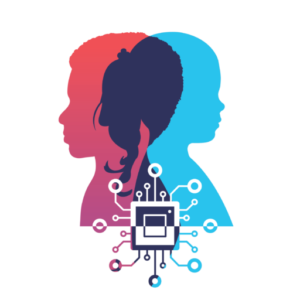The cities that took part in this year’s European Health-Tech Innovation Week were Liverpool (17th May), Paris (18th May), Berlin (19th May), Stockholm (20th May), and Barcelona (21st May). Each day was held in a hybrid (physical and virtual) format, taking advantage of the best aspects of offline and online conferences. The nature of the event facilitated both face-to-face and virtual networking, promotional opportunities, learning, and collaboration for the entire European health-tech community, including businesses, investors, government agencies, scientists, and academics.
The Commission Secretariat was able to attend the Liverpool session last month to get an in-person scoop on the innovative conference. It was a great opportunity to gain insight from expert innovators on how they are using technology to connect people to health services, scale the adoption and spread of services, and engage stakeholders across sectors. These link to inclusion, accessibility, and multilateral collaboration, all of which are key themes of the Commission’s work.
Bayer G4A’s Sophie Park spoke about the future of collaboration between corporates and digital health start-ups, and how Bayer G4A is supporting this by acting as a bridge between pharma and digital health ecosystem innovations (particularly focused on people-centred and personalised solutions).
“Heightened engagement in healthcare post-pandemic means that the time for digital health is now. More digital health consumer products, outcomes-based solutions, joint ventures, and co-creation lie ahead,” Park said.
The accelerated adoption of AI technologies is radically shaping digital transformations in health. It has facilitated innovative research projects (e.g. the work of STFC Hartree Centre) and digital therapeutics (DTx) as well as provided opportunities for building digital capacity, particularly amongst the health workforce. Health Education England’s (HEE) Chris Munsch and Martin Sinclair introduced the concept and functions of Technology Enhanced Learning (TEL) and how HEE is using it to support the health and care workforce by providing easy access to a wide range of education and training resources through its digital e-Learning for Healthcare platform.
As the Academic Health Science Network (AHSN) for the North West Coast, the Innovation Agency is powering healthcare innovation in the UK by connecting regional networks of partners across all sectors with the aim of making the NHS not just an ideal place for innovation to surface, but also the most innovative health service in the world. Dr Iain Hennessey, Co-Founder and Clinical Director of Innovation at Alder Hey Children’s Hospital, showcased examples of how Alder Hey’s Innovation Hub is bringing together academics, researchers, healthcare workers, and patients to spark, unleash, and scale innovation.
“The problem is not finding innovation in health services – there are thousands of ideas wherever you look – but rather, in the adoption and spread of such innovations,” said Dr Phil Jennings, CEO of the Innovation Agency.
However, while AI presents an opportunity to correct previous mistakes and predicated biases if it uses the right inputs and measures the right outcomes, several challenges remain. A panel discussion on Artificial Medical Intelligence in health and care systems underscored the importance of ensuring safe and fair transitions for algorithms when applied to real world settings.
“Most health data collected is not connected, prone to selection biases, and not ‘real world data’,” said Dr Pearse Keane, an NIHR clinician scientist at Moorfields Eye Hospital NHS Foundation Trust, which has an established partnership with DeepMind. “Regulatory processes and frameworks cannot keep up with the pace of innovation and development of AI, particularly in health and care settings.”
All in all, this year’s European Health-Tech Innovation Week event successfully showcased the latest developments in health-tech innovation. While the in-person aspects of the event allowed for the participation of live exhibitors, networking, and business pitches, the virtual/fully digital elements of the event enabled robust collaboration and engagement for businesses around the world. Moreover, it was a successful pilot and proof of concept for hybrid events of a similar nature to be scaled and carried out in the coming months.
“It was great to be attending face-to-face events again as I’ve missed the in-person interactions,” said Brian Li Han Wong, GHFutures2030 Youth Officer. “The conference really highlighted the digital health sector’s key role in scaling innovation, facilitating adoption of new technologies to improve health services, and working across sectors to better reach vulnerable populations through integrative and equitable digital health transformations.”


